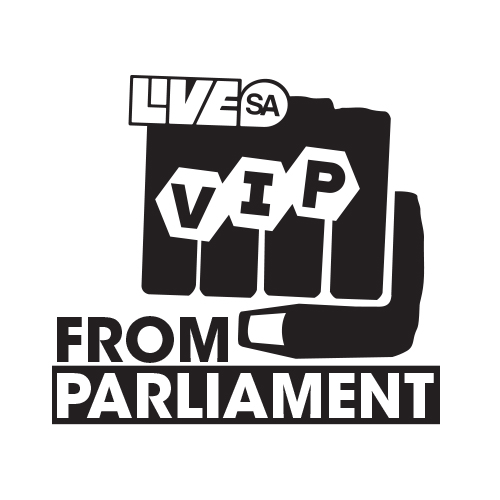By Rofhiwa Maneta
On Tuesday, the National Assembly voted on a proposed motion of no-confidence against President Jacob Zuma. Led by the Democratic Alliance’s parliamentary leader, Mmusi Maimane, the proposed motion expressed the opposition’s disapproval with the president’s list of misdemeanors.
“We cannot in good conscience allow the needs of millions of South Africans to be superseded by the agenda of one man, while we look on in silence,” said Maimane, before parliament voted on the motion. “Many of you will vote against your conscience today,” he continued. “You will vote for a thief. A man who stole the people’s money to build his R246 million while millions of South Africans go to bed hungry every night.” As it turns out, the DA’s proposed motion yielded as much success as Tiger Woods has in recent years at the US Major Open. None. Parliament decided against the motion of no confidence, with 221 members voting against it as opposed to the 113 who voted in favour and the two MPs who abstained from voting altogether.
But what would be the implications of a successful vote of no confidence? Hell, what exactly is a motion of no confidence.
What is a vote of no confidence?
A vote of no-confidence, as defined by the Collins Dictionary, is “a vote in which members of a group… indicate that they do not support the person or group in power, usually the government.” It’s basically the parliamentary equivalent of a red card. According to Section 102 of the Constitution “if the National Assembly, by a vote supported by a majority of its members, passes a motion of no confidence in the President, the President and the other members of the Cabinet and any Deputy Ministers must resign.”
But what inspired this motion of no confidence? Take your pick. The opposition cited the president’s criminal charges, his truancy from parliament, his supposed plans to turn “the SABC from a public to a state broadcaster” and the Guptagate controversy that took place in Waterkloof two years back. All of these, the opposition argues, are indicative of a President who does not have the moral and political capability to run the country.
So why did the motion flop?
In truth, the Democratic Alliance’s motion were running toward a red light light from the word “go”. You see, this isn’t the first time, a motion of no confidence has been tabled against President Zuma (and subsequently flopped) . In 2010, COPE (remember them?) filed a motion of no confidence against Zuma, citing his failure “to exercise any leadership over his Cabinet” and his “repeated risky sexual behaviour, thus weakening the crucial fight against HIV/Aids and setting a poor example”. That motion fell flat on its face, with 241 members of parliament voting against it , 84 voting in its favour and eight abstaining from voting. Two years later, the DA’s then parliamentary leader Lindiwe Mazibuko—with the support of seven other opposition parties—tabled another unsuccessful vote of no confidence. This time the ANC used its parliamentary majority to block the opposition’s motion altogether.
Majority. This was and will always be the opposition’s biggest stumbling block when tabling a motion of no confidence. With the ruling party occupying more than 60% of the seats in parliament, it’s a simple numbers game. The DA is unlikely to gather the numbers it would take to successfully table a motion of no confidence (they’d need to convince 50% of the National Assembly). There’s also the contention that because parliament makes use of an open ballot system (votes can be mapped back to whoever cast them), it’s improbable that anyone would openly vote against the President. Maimane suggested as much when he said ANC MPs would “vote against their conscience”, while Agang’s Andries Tloumamma added that the ruling party’s MPs “are scared if they act against Zuma they might go hungry in the future.”
This isn’t the first vote of no confidence Jacob Zuma has surmounted and if another was brought before him, things being as they currently are, he’d probably sail past that one too. Majority rules. And when the majority is asked to decide to vote against its president, this is how the cookie crumbles.

Live from Parliament casts a youth lens on parliament and government, covering committees, policy-making, MPs and the sitting of actual Parliament. Our team of youth journalists will be reporting Live from Parliament every week in partnership with the People’s Assembly and Indigo Trust. The People’s Assembly connects people and their elected representatives. To stay in touch with your local MP, visit www.pa.org.za, follow them on Twitter @PeoplesAssem_SA or Facebook/PeoplesAssemblySA.


Comments
Keep comments free of racism, sexism, homophobia and abusive language. People's Assembly reserves the right to delete and edit comments
(For newest comments first please choose 'Newest' from the 'Sort by' dropdown below.)